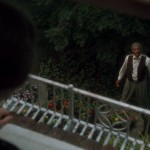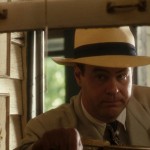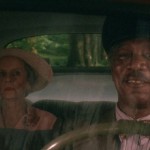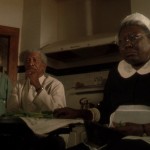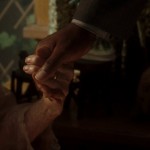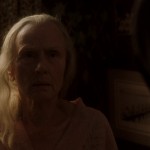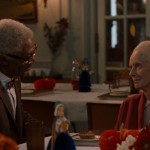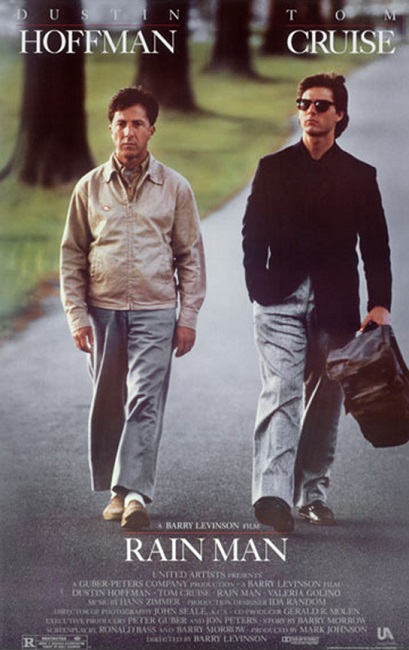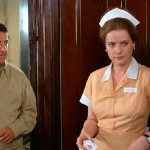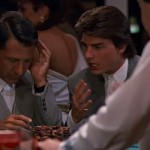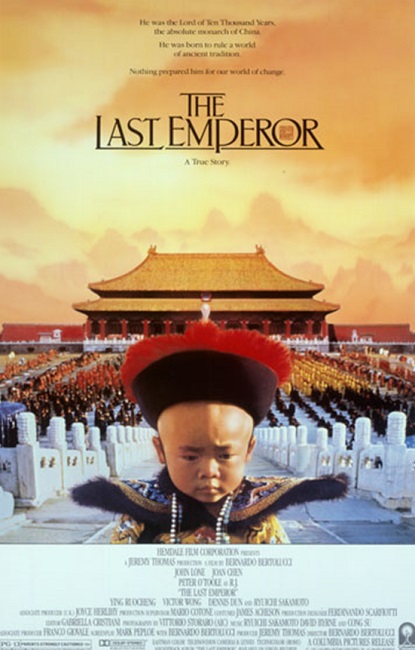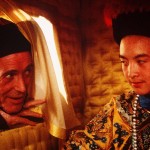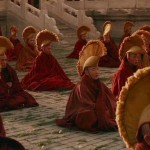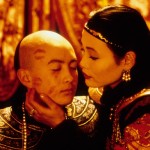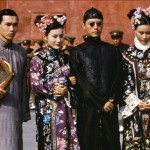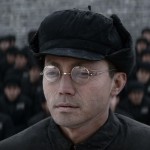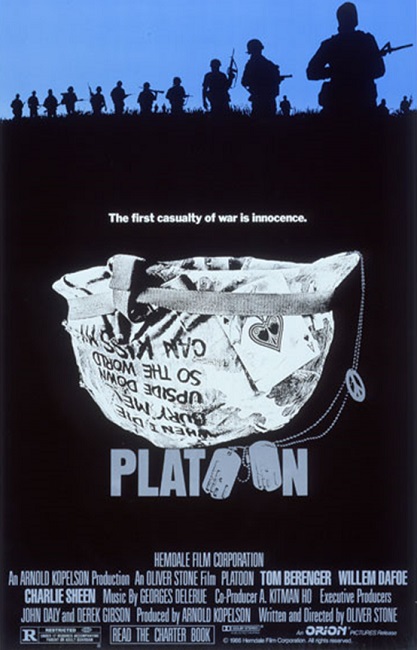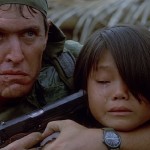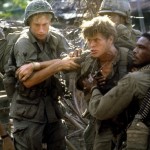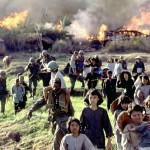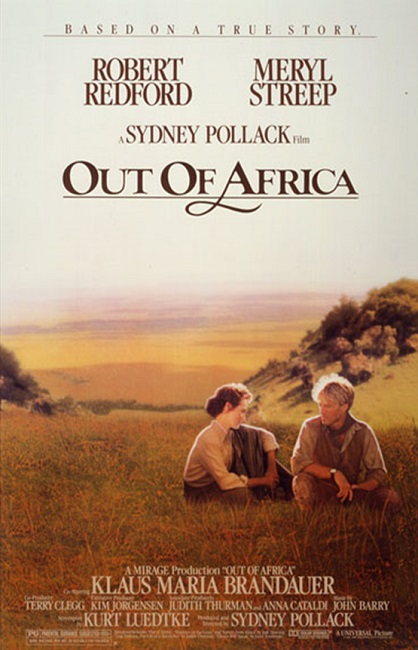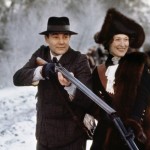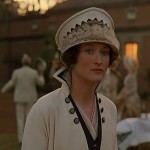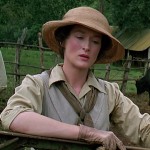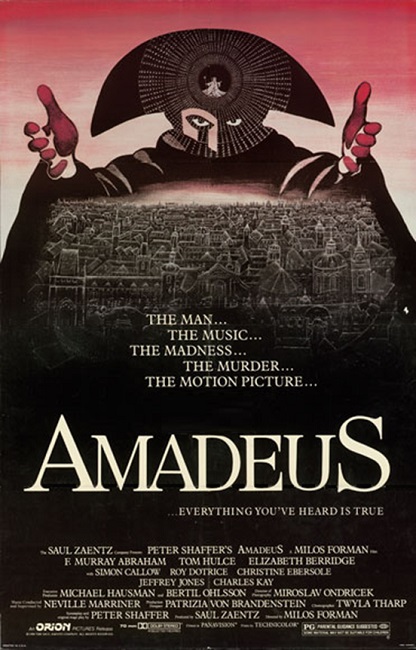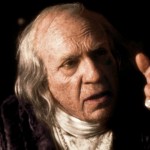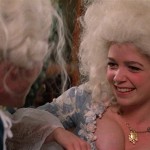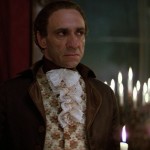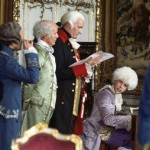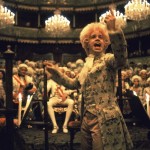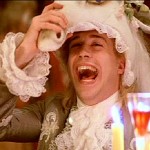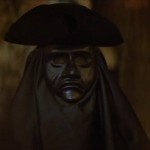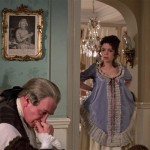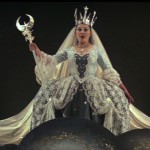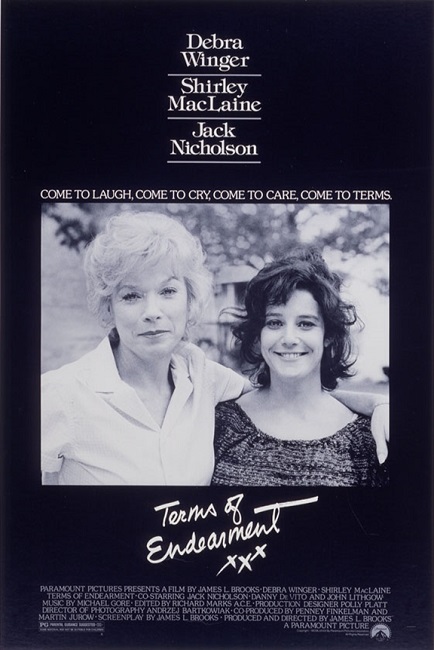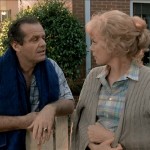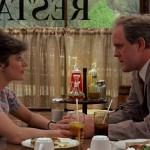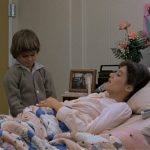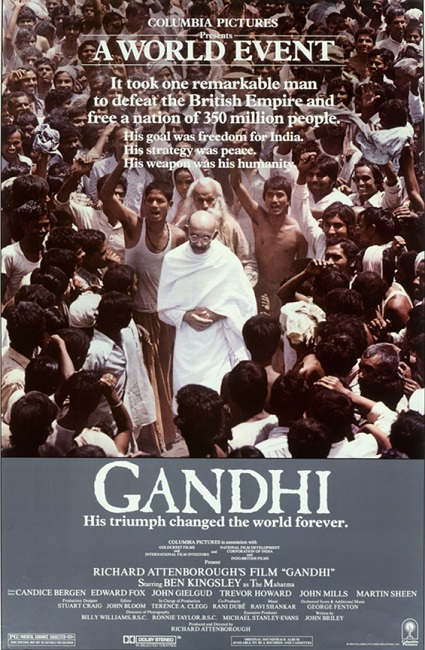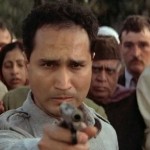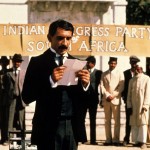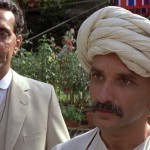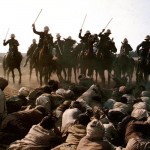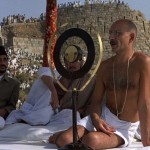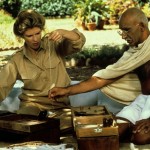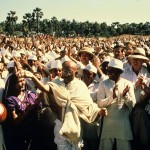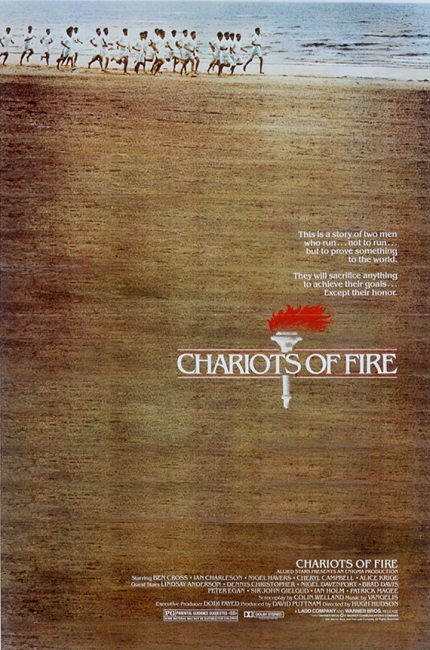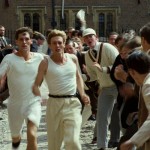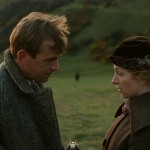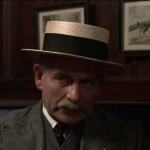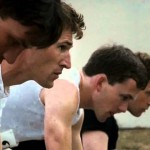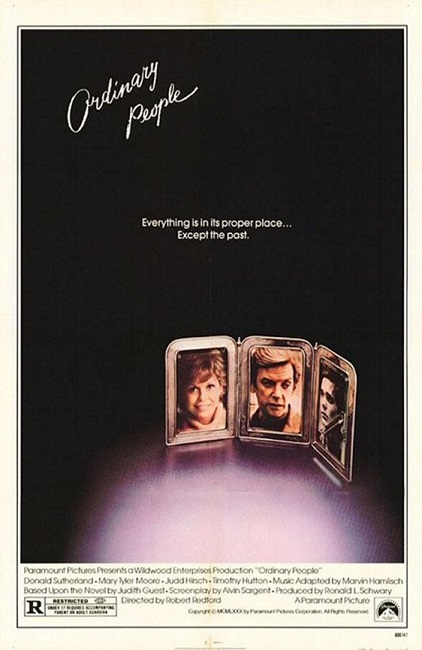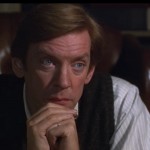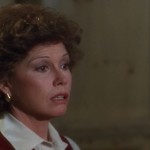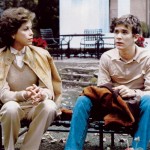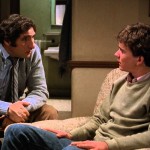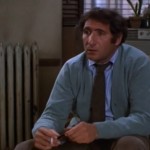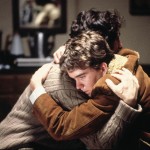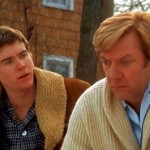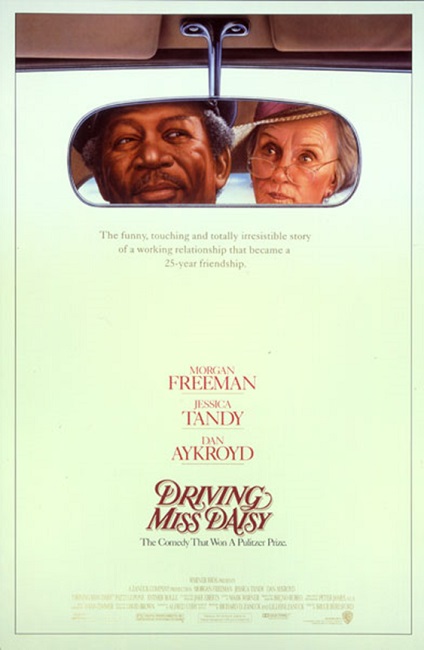
Driving Miss Daisy – 1989
This was an excellent movie and quite honestly, I had my doubts from the beginning. I went into it knowing very little, except that everyone I talked to told me that it was a really good movie. But I kept thinking that it would just be old people talking. I thought it was going to be slow and boring. But thank goodness, I was wrong.
Driving Miss Daisy was so well done in so many ways. First of all, the cast was perfect. Jessica Tandy and Morgan Freeman played the two leads with Dan Aykroyd, Esther Rolle and Patti LuPone filling out the supporting roles. They all did a great job. Jessica Tandy won the award for Best Actress, and both Freeman and Aykroyd were nominated in their respective categories. Having only known Rolle from her part on the television show Good Times, and LuPone for her many wonderful Broadway portrayals, I was pleasantly surprised to see them on the big screen.
Interesting note: Tandy, in particular, should be commended for her work as she was 81 years old when she received her award. She is the oldest recipient of the award in Academy history.
The plot is a simple one that can be summed up quickly. Daisy Werthan (Tandy) is an older, wealthy, white, Jewish woman living in Atlanta, Georgia. She is too old to drive, so her son Boolie Werthan (Aykroyd) hires for her a chauffeur named Hoke Colburn (Freeman). Daisy doesn’t want to give up her independence, but eventually accepts Hoke’s service. Over the years, a deep and lasting friendship develops between the two. That’s it, in a nutshell.
Of course, the complexities of the story go much deeper than that. Daisy is a widow who used to be a teacher. Before that, she was a girl who grew up in a poor family that often had to do without the simple comforts of life because they couldn’t afford them. It was then that she learned her fierce independence, adopting the adage that if you want anything done, you have to do it for yourself.
For many people, one of the difficulties of growing old is giving up independence. Many things which were once as easy as driving to the super-market, are now difficult and cannot be done without assistance. But as the body, and sometimes the mind, begin to slow down, such measures are necessary. This can bring a certain amount of embarrassment or even shame, along with a hefty amount of frustration. This is not really the point of the movie, but it does explain why she is so resistant to having a chauffeur.
At one point she is so dead set against having Hoke as her driver, she tries to catch him stealing from her food pantry. She finds a can of Salmon missing and is all ready to accuse him of being a thief when he comes in and addresses the issue before she can make her accusation. He admits to taking the Salmon and has already purchased a replacement can to restore the pantry.
Fortunately, everybody loves Morgan Freeman. He just has such a likable persona about him that is hard to resist, and Miss Daisy is no exception. Eventually she begins to accept him. In one slightly amusing scene, Daisy refuses to let him drive her to the market. She sets out on foot, walking towards a bus-stop. But Hoke follows her in the car. Embarrassed at being followed by a man in a car, Daisy breaks down and allows him to drive her.
Thus, an uneasy friendship begins as her personal barriers are broken down. She claims to not have any prejudices, and yet, like many people, they are there. Hers take a very subtle form. She has nothing against colored people, but she employs them only as servants such as Idella, her cook, wonderfully played by Esther Rolle. Miss Daisy has to get over her own prejudices, but she, at several points becomes the victim of anti-Semitism. The worst of these instances is when her Jewish temple is bombed. But even then, Hoke is there to offer comfort by sharing his own experience with horrible racism.
The intricacies of their friendship continue to grow and become much deeper. The screen-writer, Alfred Uhry, did an excellent job of making it all believable, and the director, Bruce Beresford, did a great job of making the pacing a comfortable one. What I mean by this, is that Driving Miss Daisy could have been such a snoozer. But it wasn’t. The acting was top-notch and engaging. The pace of the film was not as slow as you might think. The film was only 1 hour and 49 minutes long but it felt even shorter. Compare that to the running time of other Academy Award Best Picture winners of the 1980s like The Last Emperor at 2 hours and 40 minutes, Out of Africa and Amadeus, both at 2 hours and 41 minutes, and Gandhi at 3 hours and 3 minutes. Even Rain Man came in at 2 hours and 13 minutes. Driving Miss Daisy was such an easy film to watch and enjoy.
Now, as to specific performances, Jessica Tandy did a fantastic job. Her character started off at 72 years old and ended up at 97. Interesting that even though the actress was 81, they had to put aging makeup on her to make her appear 16 years older. Miss Daisy starts off as a crotchety old lady and through her interaction with Hoke, she softens and becomes a likable character. When her dementia set in, my heart nearly broke. She is so frightened, as anyone would be in her situation, and Tandy, the actress, really had a lot to do with my emotional response. But even through the onset of her illness, she holds on to the fact that Hoke has become her best friend.
I especially liked her in the final scene of the movie. At this point, she is in a rest home and is about 97 or so years old. She has difficulty even picking up a fork to eat her food. Hoke is visiting her and continues to be her friend by picking up the fork and feeding her. It is such a sweet and heartwarming scene, that even now, as I am remembering it, I am getting all teary-eyed. The look of gratitude and love on her face as she eats from his hand is just brilliant. Well done Jessica!
Morgan Freeman also did a fantastic job. I have never seen him do anything I didn’t like. I loved him in the Shawshank Redemption, which is one of my favorite movies of all time. (The fact that it didn’t take home a Best Picture Oscar of its own is just a travesty! But I digress…) And who didn’t love just hearing his voice in March of the Penguins? The character of Hoke, which he created for Driving Miss Daisy was wonderful to watch. He is the kind of guy that we would all love to know. He was honest, polite, gentle, pleasant, and thoroughly endearing.
Even Dan Aykroyd surprised me. I am used to seeing him in comedies and it was nice to see him in a more serious role. He even took on a Southern accent which he kept up perfectly well.
The costumes and sets were all perfectly appropriate, though that didn’t seem like an overly-complicated an achievement. Everything appeared to be appropriate enough to the 50s and 60s. Even the cars that Hoke was driving were from the right time.
But I have to mention one thing that I didn’t particularly care for, and I think this would be the fault of the director. Often times, the story would skip ahead several years without letting the audience know. It wasn’t always enough to require more age makeup on the characters, so it was hard to tell that any significant blocks of time had passed. The result of this oversight was that by the end of the film you don’t really get a sense of just how long Hoke was Miss Daisy’s driver. Apparently he worked for her for 25 years, though there was little to no indication of that much time having passed. I think the director should have made it clearer when the plot jumped ahead like that.
Interesting note: Driving Miss Daisy is the last film to win the Best Picture award with a G rating. It is also the only film that was based on an off-Broadway production to win the Best Picture award.
And finally, I have to mention the music. Hans Zimmer wrote the score that accompanied the film. It was appropriately twangy for a film that takes place in the South, but I liked it anyway. In fact, the score was nominated for a Grammy for Best Instrumental Composition for a Motion Picture or for Television. This is impressive since the score was performed entirely by Zimmer, using nothing but samplers and synthesizers.
I liked the film, despite myself. It was very sweet without particularly trying to be, which made it work very well. Sweet for the sake of being sweet is usually just nauseating. But Driving Miss Daisy was nice and touching, and enjoyable to watch. However… I looked it up. It was running against some pretty great movies like Dead Poet’s Society, Field of Dreams, My Left Foot and Born on the 4th of July. Best Picture Against that kind of competition? I’m not entirely convinced.

